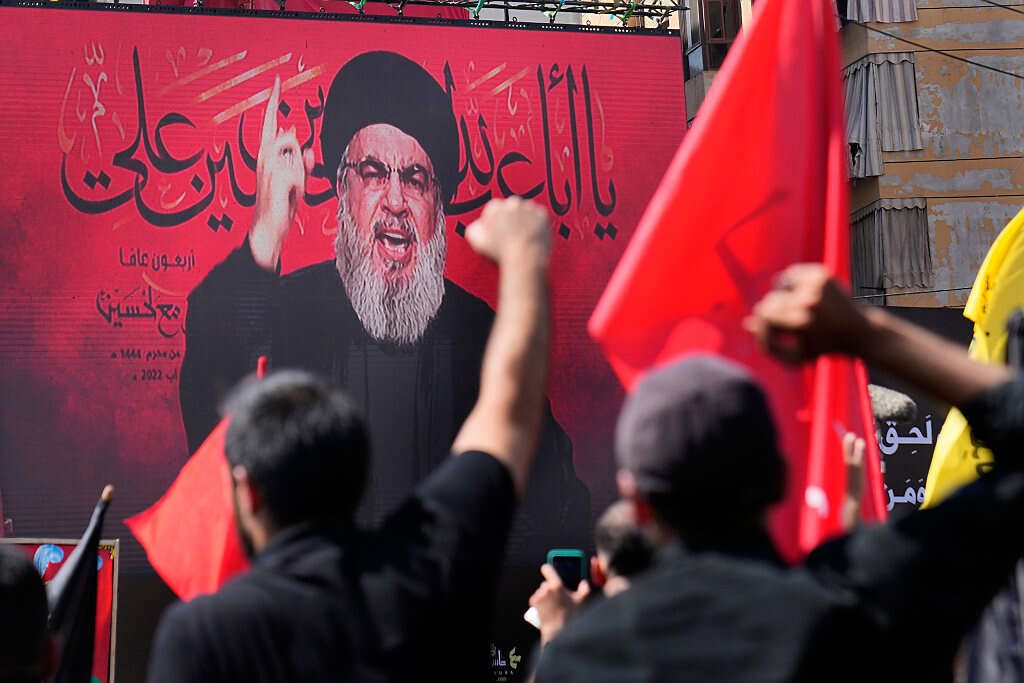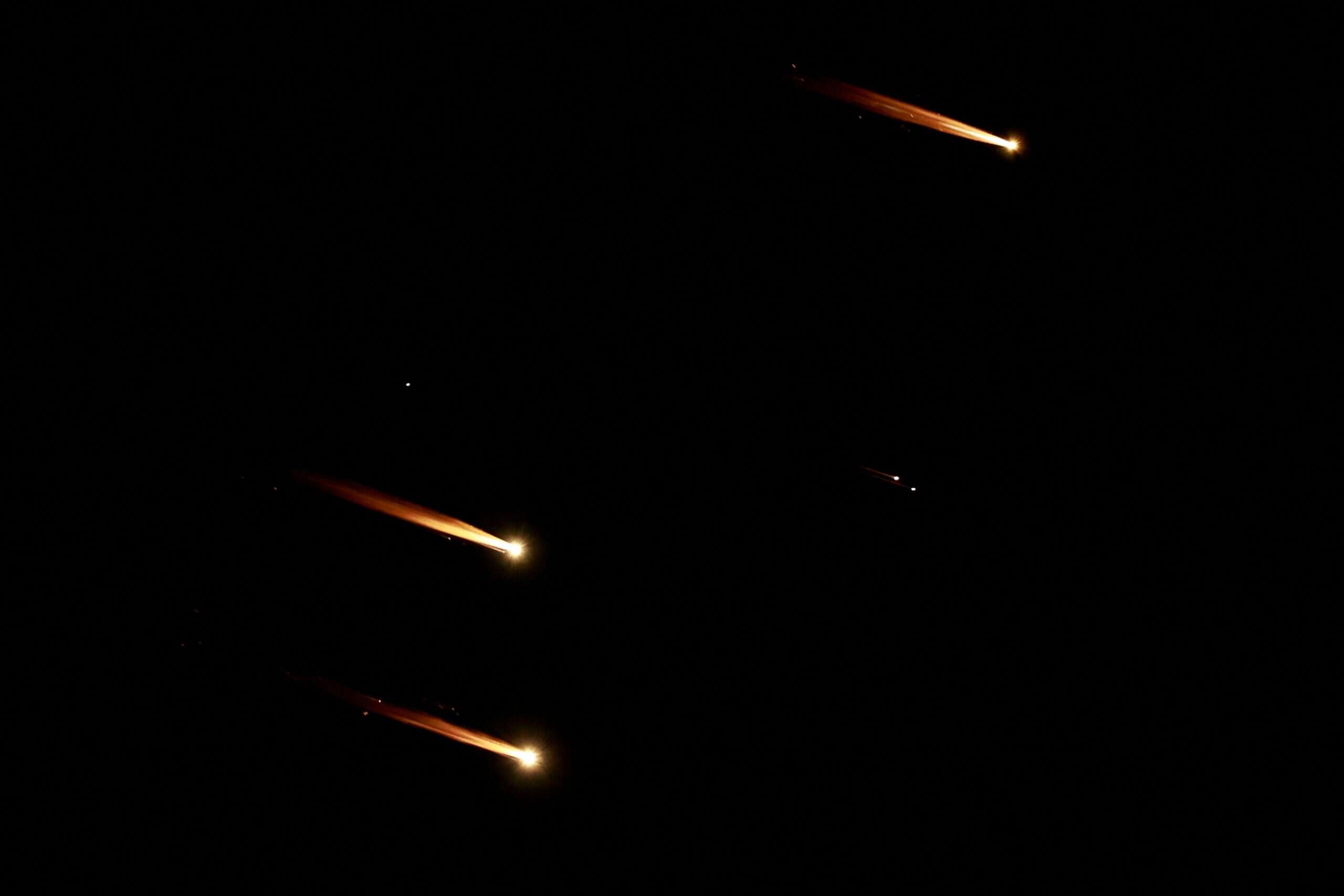The Iranian missile attack on IDF bases in central Israel and the Negev on Tuesday evening came as no surprise. Israel had been preparing for days and even received advance warning, allowing sufficient time to modify public defense guidelines.
Moments ago in Tel Aviv https://t.co/rH7JjqZ4U8 pic.twitter.com/KB8nSarPhw
— Israel Hayom English (@IsraelHayomEng) October 1, 2024
Civilian discipline, combined with the impressive success (once again) of air defense systems, proved life-saving. Despite the massive attack of about 180 missiles fired in several salvos, Iran achieved very limited success, certainly far from its original intention to inflict significant damage on Air Force and Intelligence bases and Mossad headquarters.
This marked the second time Iran directly and openly attacked Israel. On the previous occasion, April 14, it launched about 350 UAVs, cruise missiles, and ballistic missiles towards Israel, most of which were intercepted en route in a joint effort by Israel and a Western-Arab coalition led by the United States. This time, Iran altered its tactics: instead of launching UAVs and cruise missiles that allow Israel extended warning and interception time, it chose to launch only ballistic missiles with a much shorter flight time (about 12 minutes) that Israel needs to contend with almost single-handedly.
The long distance traveled by the missiles allowed Israel three interception tiers. The first, at long ranges, using Arrow systems. The second, in the middle ranges, using the David's Sling system (Magic Wand). And the third, at close ranges, using Iron Dome batteries. The systems, operating in full synchronization, recorded high interception rates but once again did not provide hermetic protection, although the IDF clarified last night that despite the impacts of some missiles, there is no damage to the Air Force's capability and functioning.

Tuesday's Iranian offensive likely resulted from pressure exerted by its proxies, who feel abandoned and exposed amid Israel's intensified operations in recent weeks. The severe blows dealt to Hezbollah – which lost two more senior military officials yesterday – have significantly hampered its operational capabilities. This is evident in the group's struggle to launch substantial missile and rocket barrages into Israeli territory. While Hezbollah did fire rockets in two separate incidents towards central Israel yesterday, these were isolated cases far removed from the organization's original battle plan.
The impact on Yemen's Houthis from the attack earlier this week was more substantial than initially reported. The Israeli Air Force struck not only the refining facilities in Hodeidah but primarily targeted the port through which the Houthis import oil products. Consequently, the Houthis face an impending severe fuel crisis, likely prompting them to urgently appeal to Iran for assistance. Tehran – already under pressure to retaliate following the assassination of Ismail Haniyeh at an official Revolutionary Guards facility – found itself backed into a corner once again, precipitating Tuesday's action.

Iran cornered
The failure of Iran's missile offensive grants Israel the latitude to coolly consider its next move. Unlike Iran, Israel typically opts for swift action, aiming to maintain a clear link between cause and effect. The potential targets are diverse: Israel could adhere to a tit-for-tat strategy (as it did in April), retaliating solely against military objectives – bases, factories, and weapons caches. Alternatively, it might target infrastructure vital to the Iranian regime and economy, such as oil, gas, and petrochemical facilities, with the hope of igniting public discontent against the regime.
In crafting its response, Israel must weigh how far it's willing to escalate this now-overt conflict with Iran. While all options seem to be on the table (including strikes on nuclear sites), Israel must consider the potential for events to spiral into a broader, regional campaign. Iran might retaliate not only against Israel but also against its overt and covert allies – from the United States to Saudi Arabia and Jordan.
In this delicate situation, Israel would be wise to coordinate its response with Washington before taking action. The US administration, mere weeks from an election, could find itself drawn into military involvement beyond its initial calculations. Israel must also consider the impact of widening the conflict on the active fronts in Lebanon and Gaza, which could intensify further. Tuesday's attack in Jaffa served as a stark reminder that the Judea and Samaria region remains volatile and threatening. The attack originating from there exacted a far heavier toll on Israel than the missile barrage from Iran.




